From Swimming to Street Medicine, Smith Reflects on Her Career
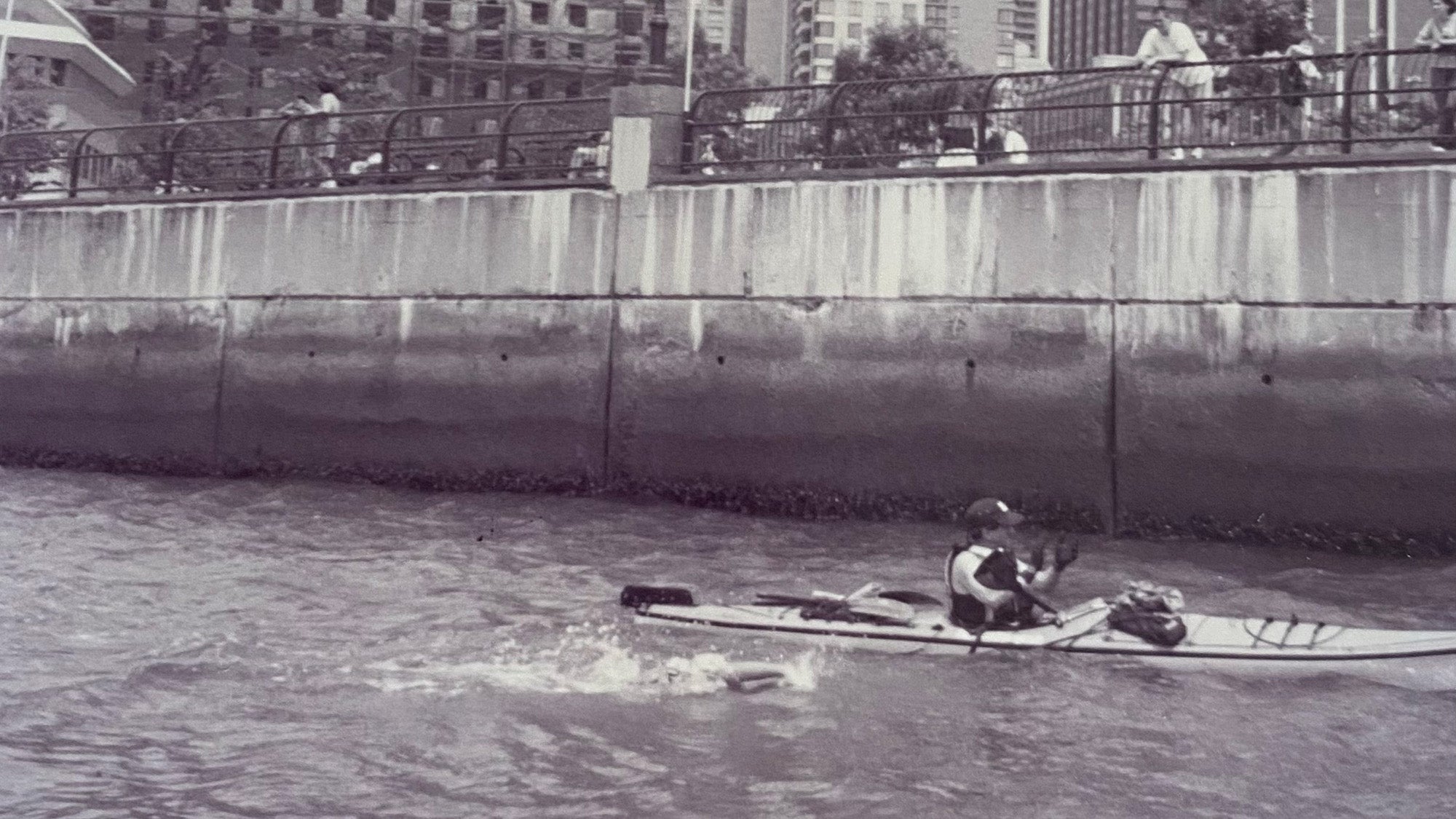
Posted in News Stories | Tagged family medicine, homelessness, HOYA Clinic, Olympics, service to others, street medicine, swimming
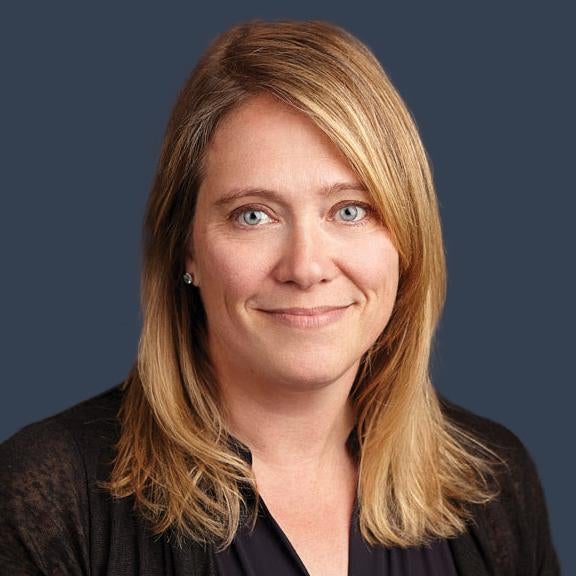
(August 9, 2024) — In 2017, Tobie Smith, MD, MPH, associate professor of family medicine in the School of Medicine, received an opportunity to join the board of directors for the U.S. Anti-Doping Agency.
As a former world-class long-distance and open water swimmer and a physician dedicated to public health, community health and health equity, Smith was a logical choice for the anti-doping agency, which oversees the anti-doping program for the U.S. for Olympic, Paralympic, Pan American and Parapan American sports.
“The opportunity to combine my experience in sport and my knowledge of medicine to work within the Olympic movement to ensure fair and safe sport has been an honor,” said Smith, who serves as chair of the agency’s board of directors.
“I’ve been there for eight years, so I’m trying to figure out the next thing I can do that is sports focused,” Smith added. “It’s my last year, which is very sad, but hopefully I’ll be staying involved somehow in the Olympic sport movement.”
‘The Most Unathletic Elite Athlete’
What Does It Take To Be An Olympian?
Tobie Smith, MD, MPH, weighs in with her thoughts in this Instagram post.
Smith got her start in swimming as a young child in Texas when her parents signed her up for lessons along with her three siblings. Though she tried softball and ballet as well, Smith stuck with swimming.
“I just remember that I could go in the water and actually do the sport, and I was terrible at sports,” she said. “My family tells me I’m the most unathletic elite athlete that could ever possibly manage because I’m not very good at any other sports, and it was something I just continued to do and enjoy doing.”
By fifth grade, Smith was training seven days a week, a pattern that continued through high school. On the University of Texas swim team, known for producing world-class swimmers, she trained for 30 hours a week, including weightlifting and running. “I think I just swam and then got better,” she said. “And if you start swimming faster and you’re winning things, you want to keep doing it.”
Becoming a Champion
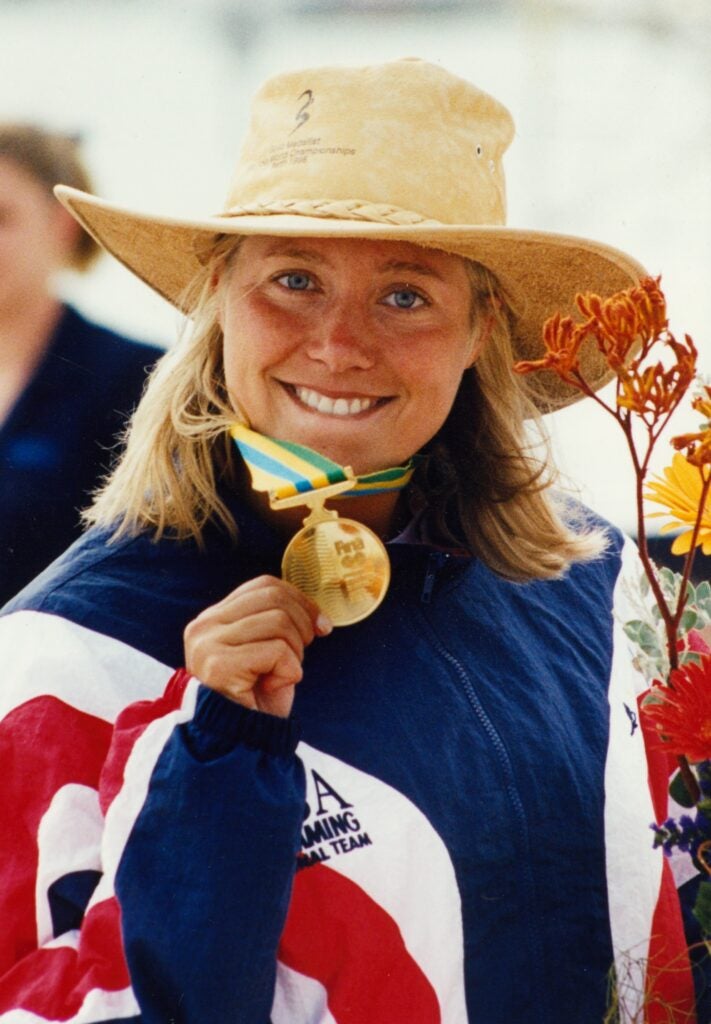
Smith’s training paid off, and she became the NCAA champion in the 1650-yard freestyle event and national champion in the 1500-meter freestyle and 400-meter freestyle events. After college, she pivoted to open water swimming, winning a gold medal in the 25-km open water event at the World Aquatics Championships.
“Being part of my college team but also being on the U.S. national team and representing the United States at meets is something that’s really an honor,” Smith said. “And when I did win world championships, to be able to stand there and have the national anthem played for you, it’s just a very defining moment.”
A Healthy Mindset
Smith credited the relationships with her teammates and support from her family for helping her enjoy the sport. When she felt nervous before competing in the world championship trials, Smith received a note from her father asking if she would rather go to the movies.
“I still have that paper,” she said. “It was a reminder. He was like, you’re making a choice here. You don’t have to do this. We’re going to love you no matter what. The world’s not going to end if you don’t do the race.”
“I think that’s a really good mindset to have,” Smith added. “That was a lesson I tried to carry through going forward in my career.”
Pivoting to Medicine
Smith was an undergraduate at the University of Texas when a professor said that students who aren’t interested in organic chemistry shouldn’t be pre-med majors. However, by volunteering and talking to mentors, Smith realized her passion for medicine outweighed her indifference toward organic chemistry.
“I realized that organic chemistry is not the basis of family medicine, and that as long as I can get through that, that medicine is really where my interests were,” she said.
After earning her master’s degree in kinesiology, Smith started medical school at Stony Brook University, then took two years off to train for the world championships before returning to finish.
A Passion for Public Health and Family Medicine
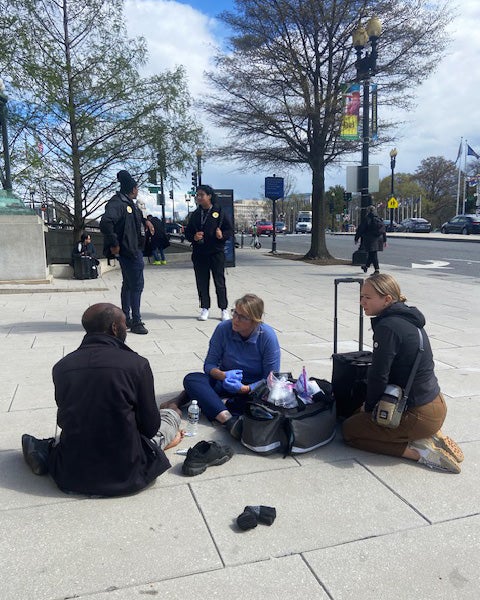
Smith’s passion for public health and family medicine grew out of her experiences volunteering in community health. “I really had an interest in more of this bigger picture of what medicine is, not so much the specific science part of it, which I enjoy, but more what that looks like for a community, for a family,” she said.
While she planned to focus on sports medicine as a specialty within family medicine, Smith’s residency in family medicine made her feel more interested in the way that poverty can impact a person’s health. “Not many people have the resources to be thinking about how I can improve myself as an athlete,” she said. “They’re more focused on how I can even manage my basic health needs.”
Smith earned her Master of Public Health from Johns Hopkins University, then completed Georgetown’s Community Health Leadership Development Program. “I thought, this would be perfect to follow up my public health training, to now figure out how to use that through a fellowship,” she said. “That’s what brought me to Georgetown.”
Serving the D.C. Community
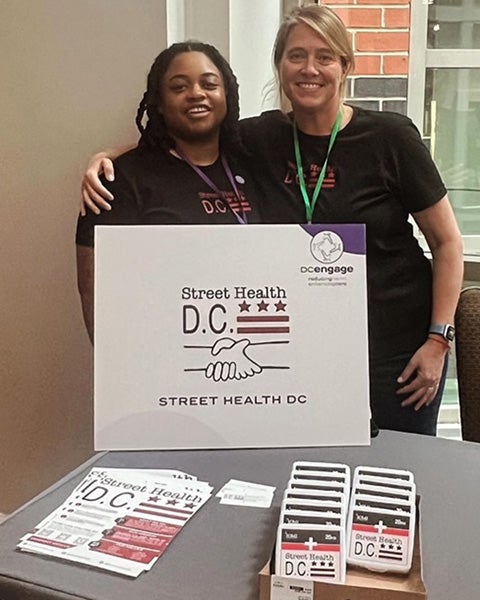
At the end of her fellowship, Smith worked as medical director at Health Care for the Homeless in Baltimore, though she wanted to return to Georgetown. “After being there six years, I knew I wanted to come back,” she said. “I was fortunate to be able to get a position back in the department here, and now I’m a medical director with the HOYA Clinic and I work in many of the community health initiatives that we do within our department.
“I like teaching the clinical side of medicine but I really enjoy the part of what I do with HOYA Clinic and the courses that I teach to really help students understand the systems of health care and how we do and don’t care for our populations that are most vulnerable, and what we can do as clinicians to address those needs,” Smith said.
Helping People Experiencing Homelessness
Combining her interests in medicine and community health, Smith founded Street Health DC, a nonprofit that provides accessible and compassionate medical care for people experiencing homelessness and the community at large.
“We started this about three years ago and collaborate with community organizations to do street rounds for persons living unsheltered in D.C. and help connect to care, provide medical care, along with connection to other social services,” she said. “I love doing health care, collaborating with community partners, public health, designing a program, using the experience I have from all the years I’ve done in homeless health care and working with people to figure that out.”
